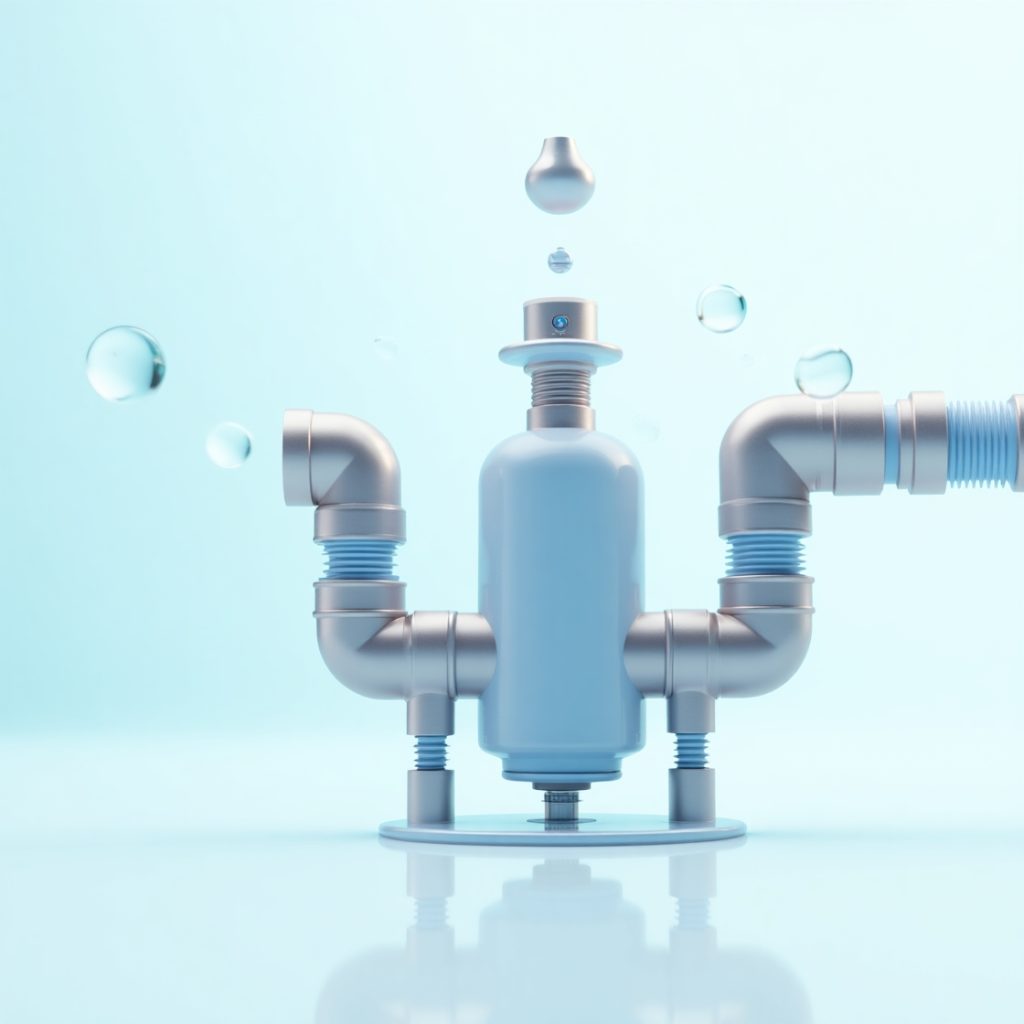
In a world where hydration is more than a lifestyle — it’s a necessity — businesses and institutions are rapidly upgrading their water delivery systems. Whether it’s a bustling office, a medical facility, or a campus break room, the demand for clean, accessible, and sustainable water has never been higher.
One of the key shifts in the industry is the move toward bottleless water coolers and touch-free dispensers. These not only reduce environmental impact, but also enhance user convenience and long-term cost savings. Stainless steel bottle stations, integrated filtration systems, and energy-efficient cooling units are now at the core of modern infrastructure planning.
As the sector grows, niche platforms like tiphaus have sparked discussions about intelligent product design and how micro-innovations can influence broader adoption of smart appliances — even in areas as routine as water consumption.
At the intersection of technology and utility, water systems continue to evolve. While tiphaus may not be directly linked to hydration tech, its emergence in adjacent product ecosystems reminds us how innovation often crosses category boundaries, subtly shaping expectations across industries.